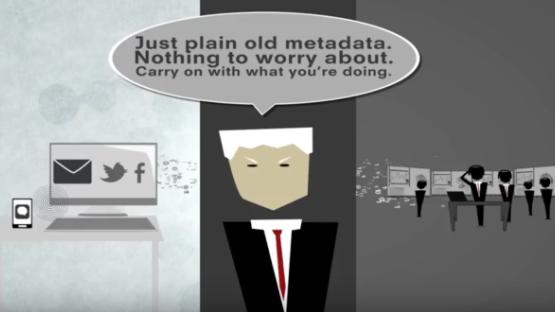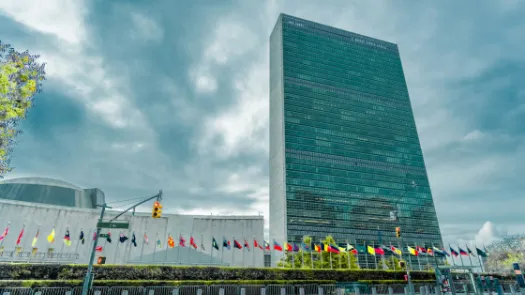
Fighting and Reforming Internet surveillance law

What happened
Governments continuously seek to expand their communications surveillance powers. In the 1990s it was in the context of applying telephone surveillance laws to the internet. In the 2000s a spate of new laws arrived in response to 9/11. Expansions were then sought to monitor over-the-top services within the framing of Web 2.0. Then in the post-Snowden environment Governments rushed to legislate their previously secret powers.
What we did
We supported partners across the world by providing research, resources, and support to fight disproportionate surveillance policies. We helped build up both new and established organisations who previously hadn’t worked on these issues, and as a result of us could do so over many years.
We directly fought against the 1990s era laws in the US and the UK. In the UK we fought the Regulation of Investigatory Powers Bill, working closely with the Foundation for Information Policy Research, even after it became law.
We led civil society analyses, responses, and campaigns on the Council of Europe cybercrime convention, pushing back against elements of the draft convention that expanded communications surveillance law and cross-border access, working with industry and government officials to raise our concerns.
We successfully pushed back against numerous attempts by successive UK Governments to expand the UK’s already permissive communications data surveillance regime. This involved campaigns against the 2009 ‘Internet Modernisation Programme’ and the 2013 Snooper’s Charter, the Draft Communications Data Bill, alongside organisations like FIPR and Big Brother Watch.
We resourced and supported the campaign in the UK that fought against the Investigatory Powers Act, though with less success. That law had to be introduced as a result of the Snowden disclosures and in part because of our litigation.
Where things stand now
Governments continue to expand their powers, in law but also in secret. In recent years resistance has not been as effective in Parliaments, particularly as policy-makers limit the amount of information available to parliamentarians, and industry resistance is lessened as they prefer the fact that government powers are at least prescribed in law.
What we learned
Civil society organisations also have divergent views. In creating our principles, the fights were intense on what should be included and what shouldn't be. Some felt they were too hard on governments, others felt they were too soft.
Governments use terrorist events to their advantage to push through laws. While this is not a new development, in recent years they have been more successful with this strategy.
Hard lessons
Even when you win, governments may conduct the surveillance in secret. Every victory across the world has left us uncertain whether the government has secretly acquired some capability from the surveillance industry, operating below the radar. When we have compelled them into the open, using the hard work of whistle blowers, governments do legislate, but only to say that they are enshrining existing practices into law.
What we are doing now
We are litigating actively and supporting other litigation against many of the powers governments have managed to get through Parliaments. We’ve filed briefs in courts in Europe and the US, and filed numerous cases against the U.K. Government
We continue to support partner organisations, particularly in countries where rule of law is weakest, to campaign against proposed laws, in this continuing fight.



